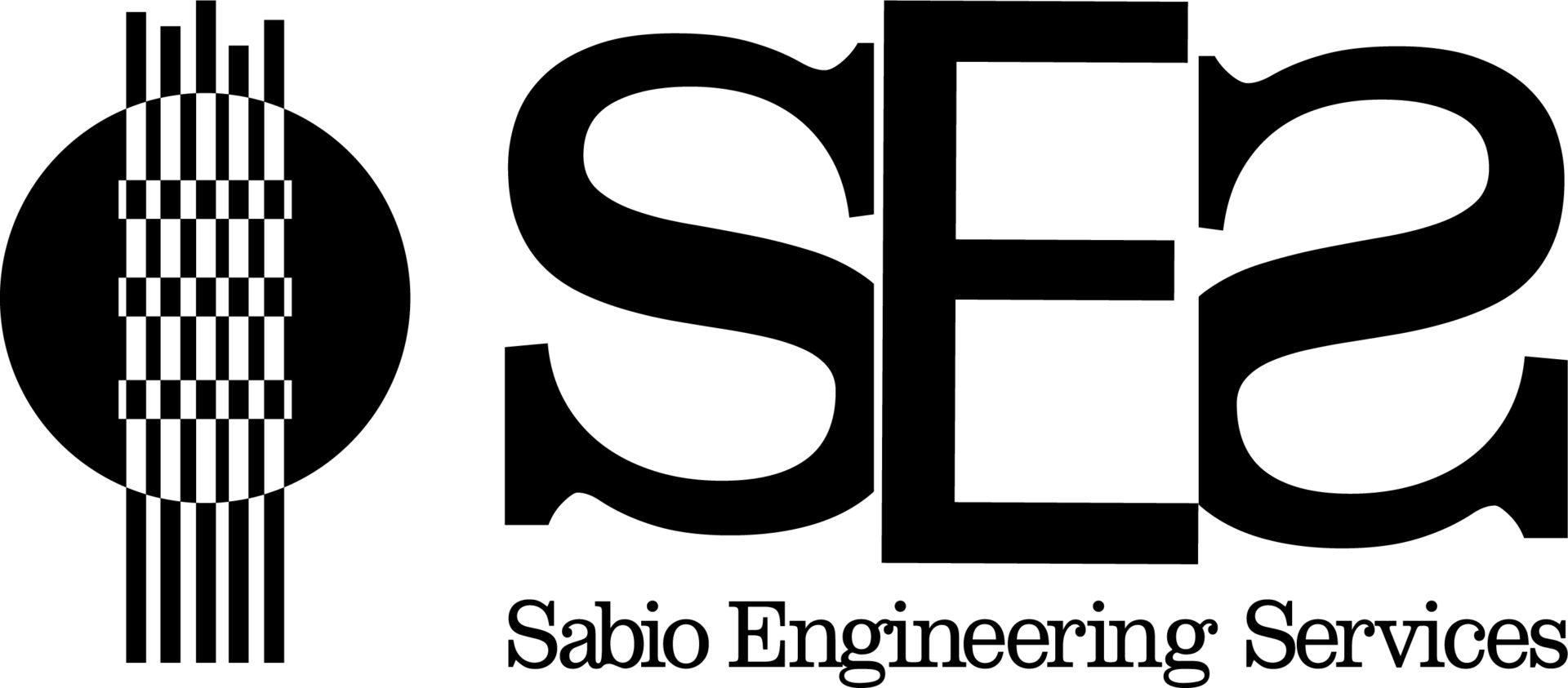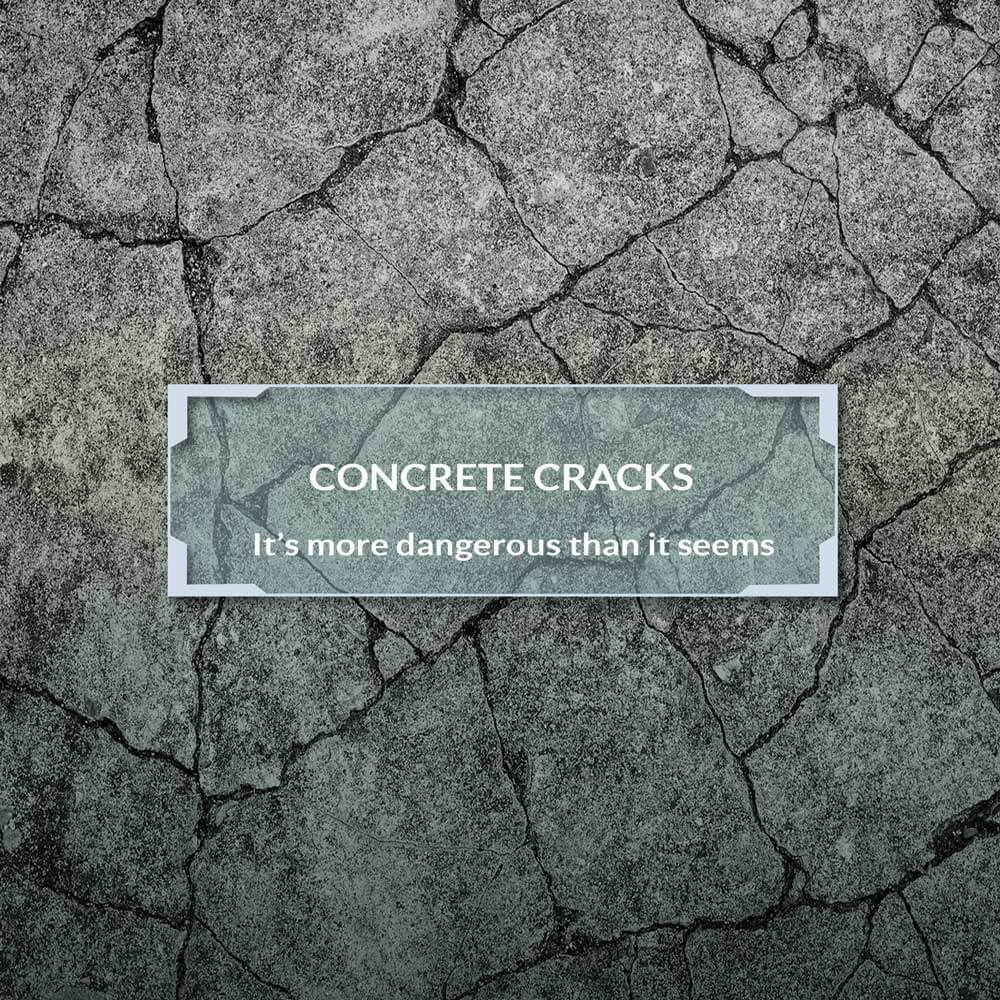Concrete is one of most durable materials used in building construction. All over the world, residences are being built with different materials, but the most common material seen is concrete. Of course, these residences are being built with high-quality materials but one thing which you never fail to see is concrete cracks. With so many buildings constructed with that type of material, you would think they would have mastered it by now. The real question is why does this concrete continually crack?
As it turns out, the answer is a bit tricky. Let’s begin our analysis!
Table of Contents
Causes for Concrete Cracks
1. Excess Water in Concrete Mix
Concrete does not normally require much water to achieve maximum strength. However, in many cases of concrete used in building residences, there is too much water added into the mixture. Adding water to the concrete makes it easier to pour and install, but when there is too much water it can significantly reduce its strength.
Another issue with excess water is that shrinkage occurs with concrete. As concrete hardens, it shrinks, and this is due to the evaporation of the water in the mixture. Now when there is too much water in the concrete, it will increase the amount of shrinkage which occurs. For every one-hundred foot of concrete, about half an inch of shrinkage occurs. The shrinkage causes forces to pull the concrete apart, which results in these cracks.
Although we can’t truly be involved in the construction process, choosing a reputable contractor is essential for preventing this type of problem. Be sure to have a structural engineer involved in the construction process to ensure everything is being carried out precisely.
2. Rapid Drying of Concrete
Rapid drying of concrete significantly increases the risk of cracking. Many areas of the world are extremely hot, and this can accelerate the drying process. This excess accumulation of heat causes concrete to dry at a faster pace, which can be disastrous. The reason is that hydration, (the chemical process for turning the concrete to a solid), occurs for several days and weeks after the concrete is poured. Therefore, contractors need to cure the concrete with water periodically to ward off cracking, but with hot temperatures, this can be extremely difficult to monitor.
In this circumstance, it is important to consult a professional structural engineer and a contractor to understand when it would be a suitable time to begin constructing a residence. In this consultation, be sure to discuss preventative measures for excess concrete shrinkage.
3. Improper Choice of Concrete Mixture
Every aspect of a home is customizable, even the concrete mixtures being used. In concrete mixtures, the only differences are the strength of each individual mixture. For this reason, it is imperative that you speak with your concrete mixture supplier to ensure that you are receiving the right type of concrete mixture for your residence.
4. Lack of Control Joints
Control joints help concrete crack wherever desired. The joints should be of the depth of the slab and no more than two to three times (in feet) of the thickness of the concrete (in inches). For example, 4″ concrete should have joints 8-12′ apart.
Be sure that when you are discussing the plans for construction with whomever you contract to perform the work, there is a structural engineer to double-check their work. This will ensure optimal decision making and avoid any uncalculated errors that will cause concrete to excessively crack.
Conclusion about concrete crack
Now that we’ve gone over some of the common causes for concrete cracking, I think we can understand how concrete is always prone to cracks. Therefore, having professional consultations with a structural engineer can help stave off the unnecessary expenses for poor construction planning.
Do you want to learn more about the types of cracks experienced by concrete, feel free to check out this article.
Are you looking for a structural engineer to assist with your project? We are here to help!
Contact us at (929) 381-0030 or visit our website.


